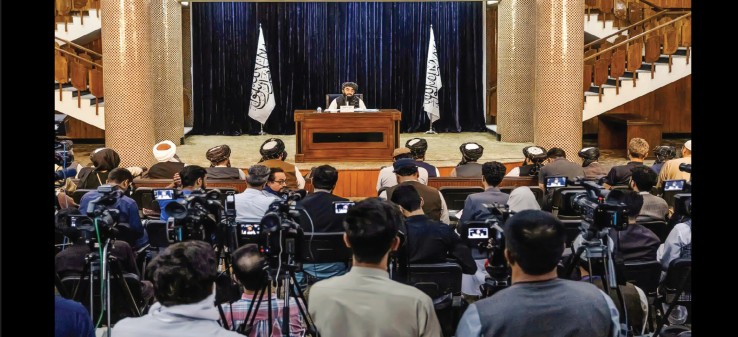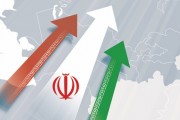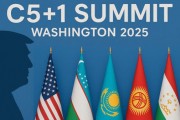Publish Date
Saturday 26 August 2023 - 09:15
recommended
0
Two Years in Rule: Analyzing the Performance of Taliban Government
On August 15, 2021, when Afghan President Ashraf Ghani fled the country, Kabul the capital of Afghanistan collapsed and after a short-term power vacuum, the Taliban took over the power by declaring a caretaker government.
On August 15, 2021, the president of Afghanistan Ashraf Ghani fled the country and Kabul, the capital of Afghanistan, fell. After a short-term power vacuum, the Taliban took power by announcing a caretaker government, and changed the political system of Afghanistan from a republic to a Taliban-dominated government. Over the past two years, this change of power has shown its effects at three domestic, regional and international levels.
Considering that the most important factor in the developments of the past two years was the governance and performance of the Taliban government, it is necessary to examine the status and performance of this government in order to be able to predict future developments.
In order to provide an independent and realistic assessment, the Institute for East Strategic Studies (IESS) has evaluated the performance of the Taliban government in the past two years. In this report, the performance of the Taliban government from the political, security, economic, ideological, and cultural-social dimensions as well as its relations with Iran during the past two years are examined.
Considering that the most important factor in the developments of the past two years was the governance and performance of the Taliban government, it is necessary to examine the status and performance of this government in order to be able to predict future developments.
In order to provide an independent and realistic assessment, the Institute for East Strategic Studies (IESS) has evaluated the performance of the Taliban government in the past two years. In this report, the performance of the Taliban government from the political, security, economic, ideological, and cultural-social dimensions as well as its relations with Iran during the past two years are examined.
News code:3546















